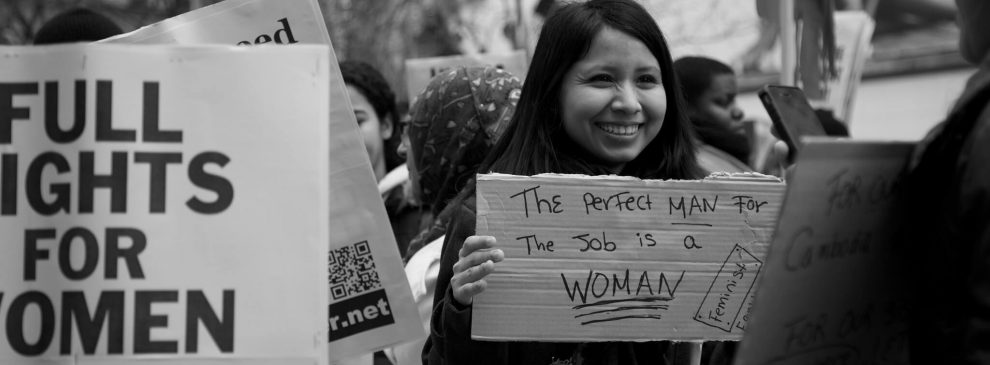Girls just wanna have fun…ding for their research
Added on Thursday, March 8th, 2018
…
Since the first wave of feminist demands over 100 years ago, women have been fighting for equality. On International Womens Day, we at the ICC want to do our bit to highlight the role of women in science and, particularly, in urban cultural policy research.
When we think about women in science, Marie Skłodowska Curie is the most obvious pioneer. Born Polish and naturalized French, Marie Skłodowska Curie was the first woman to win a Nobel Prize, but above all, the first person to win twice and to win in two different sciences. Curie’s legacy goes beyond the Nobel Prize and beyond her fields. Above all, she helped to shape perceptions about women and their contribution to science — opening the door for women to take leading roles in research worldwide.
At the ICC we are devoted to capturing the value of arts and culture as a catalyst for urban change, and we are keen to celebrate the leading role women have played in urban cultural policy research. Aware of the narrow scope of the following list, we would like to highlight the work of a few international research leaders that have influenced us directly:
- Jane Jacobs in her seminal book The Death and Life of Great American Cities (1961) argued that urban regeneration endangered the city’s irreplaceable social capital.
- Saskia Sassen coined the concept of global city within the context of her analyses of globalization, division of labour and international human migration.
- Susan Sontag, amongst many other cultural and political actions, authored Against Interpretation (1966), discussing contemporary art criticism and theory, and appealing to the physical senses for a sensuous interpretation of artworks.
- Nancy Fraser has been carrying the torch of feminist critical theory in late capitalism, reminding us that there is no social justice within identity politics without class politics.
- Angela McRobbie reminded Paul Willis (Learning to Labour, 1977) that there is female popular culture, and continues to shine a light on women’s role in social and cultural theory against the rise of neoliberalism
In 2018, we are delighted to be joined by amazing women in cultural policy research and to count on them as close colleagues, peers and friends. Since 2006, in the UK alone, we have collaborated or engaged in discussions first-hand with Abi Gilmore, Eleonora Belfiore, Leila Jancovich, Tori Durrer, Sara Selwood, Kate Oakley, Lisanne Gibson and Sara Cohen, to name just a few. Before then, the ICC Director tested ways to advance cultural policy research with Christine Hamilton and Adrienne Scullion. There are, of course, countless other contemporaries of ours in the UK and across the world, inspiring us every day.
Women have made substantial contributions in the field of cultural policy research, and in science in general. Yet a day like today is still timely. Gender bias, stereotypes, access to leading roles, keynote invites and publication acceptance rates, are some of the ongoing barriers that still remain to be knocked down.
By celebrating the way research in culture and urban environments benefits from the female gaze, in all its forms, we will aim to ensure that these issues are not ignored.
Happy International Womens Day!
The ICC research team
Beatriz Garcia, Kerry Wilson, Rafaela Ganga, Tamara West, Gayle Whelan
Stephen Crone and Mike Atkins









